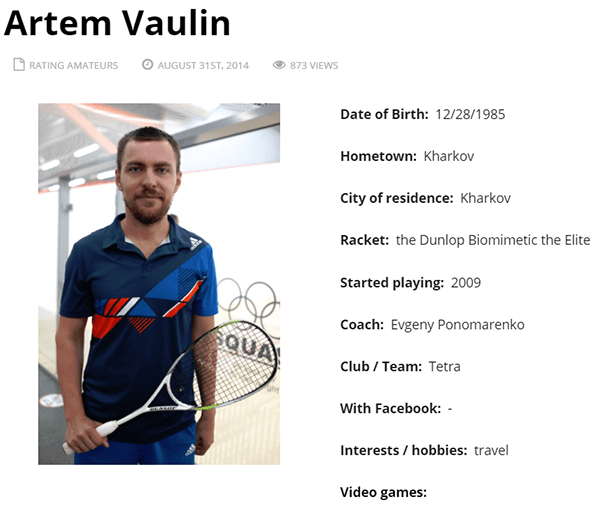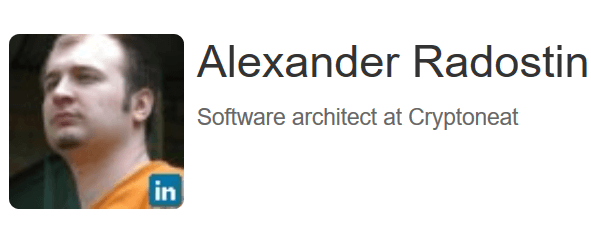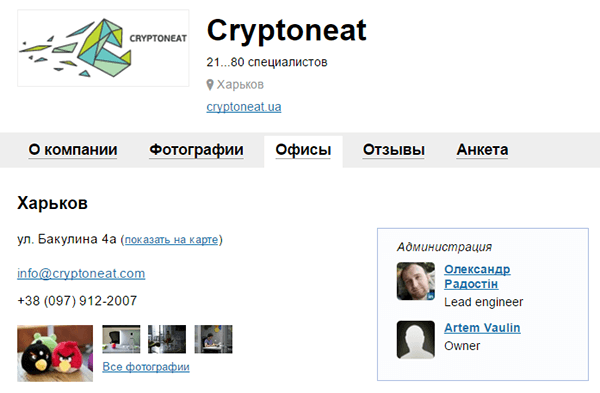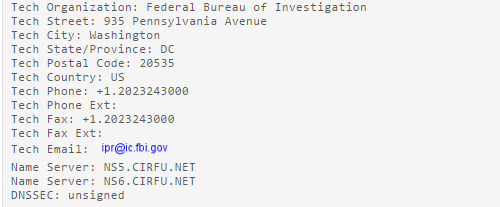Library of Congress Might Become a Piracy Hub, RIAA Warns
samedi 27 août 2016 à 20:44 With an impressive collection of more than 160 million items, the Library of Congress is the second largest library in the world.
With an impressive collection of more than 160 million items, the Library of Congress is the second largest library in the world.
The Library also serves as a legal repository for the copyright office. By law, everyone who publishes a copyrighted work in the U.S. is required to deposit two copies at the library.
This also applies to music and videos but up until now, content produced in an online-only format has been exempted from this mandatory deposit requirement.
However, now that digital is becoming the standard for more copyrighted works, the Copyright Office is considering a change. As a result, music publishers will be required to submit all digital works to the Library of Congress.
These files will then become freely accessible to the public through a secured system.
“Under any rule requiring mandatory deposit of online-only sound recordings, the Library would provide public access to such recordings,” the Copyright Office writes in its proposal.
“The Library currently has a system by which authorized users can access and listen to digitized copies of physical sound recordings collected through other means at the Madison Building of the Library of Congress.”
This proposal has been met with scrutiny by the music industry group RIAA, which states that it has “serious concerns.”
According to the RIAA, there is a risk that content hosted by the Library may be exploited by pirates, who could copy the music and share it on various pirate sites. This could then crush the major record labels’ revenues.
“It is well-established that the recorded music industry has been inundated with digital piracy,” the RIAA writes.
“If sound recordings available through the Library – whether on-premises or online – were managed in a way that patrons could use those recordings for uploading to pirate web sites and unlicensed streaming services or if the Library’s collection of sound recordings were made electronically available to the public at large, that could have a devastating impact on our member companies’ revenues.”
The RIAA further states that the current proposal lacks information on what security measures would apply to the storage of and access to sound recordings.
In addition to a general concern that the public could copy sound recordings in the library, the RIAA notes that there’s also a risk that the entire Library of Congress database could be hacked if people are allowed to access it over the Internet.
Should this happen, millions of digital sound recordings may leak to the public.
“In an age where servers are hacked on a regular basis, no electronic server is secure. Government servers are no different,” the RIAA writes.
“Given the inherent vulnerability of servers believed to be secure, we question the need for anyone to have remote access to a server that stores commercially valuable digital sound recordings.”
Since people have so many options to enjoy digital music nowadays, the RIAA sees no reason for the Library of Congress to allow electronic copying or distribution of the sound recordings of its members.
If the Copyright Office goes ahead, the RIAA urges it to consult the record labels to make sure that state of the art technological protection measures are deployed to secure their work.
—
RIAA’s full comments are available here (pdf).
Source: TF, for the latest info on copyright, file-sharing, torrent sites and ANONYMOUS VPN services.
 Stanford University graduate Feross Aboukhadijeh is passionate about P2P technology. The founder of
Stanford University graduate Feross Aboukhadijeh is passionate about P2P technology. The founder of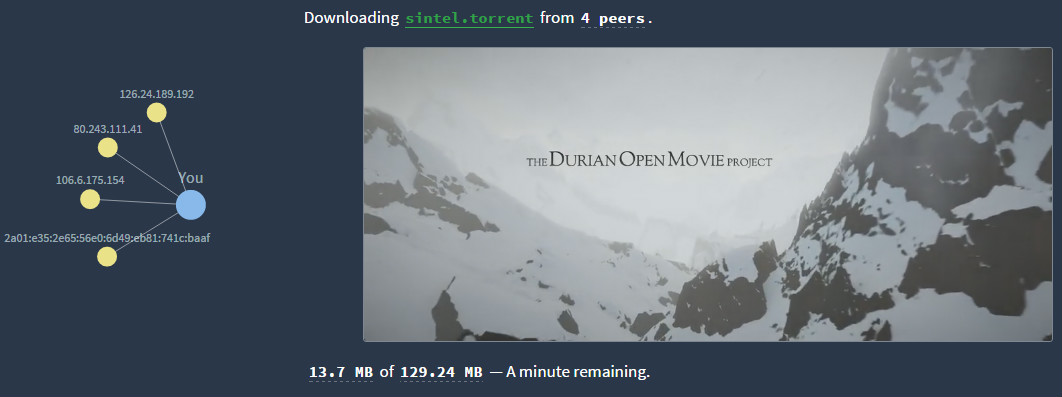
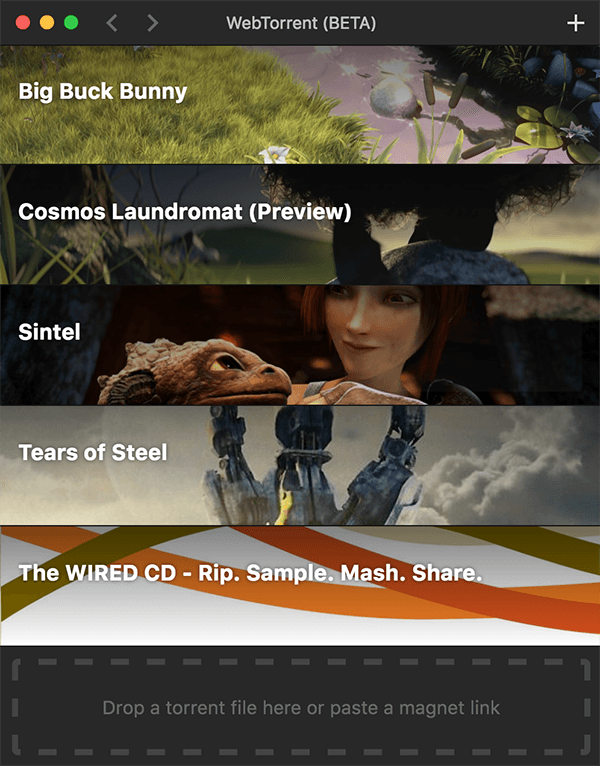
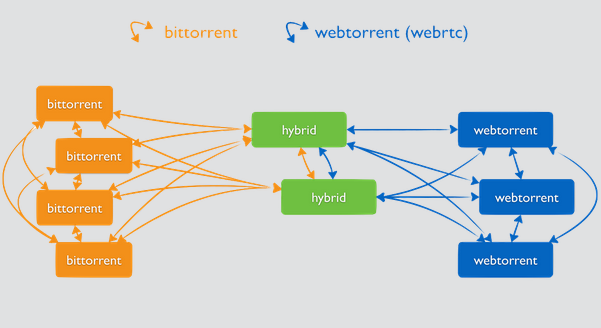
 In this first episode of our new season, we interview Tamas Kocsis, the founder and developer
In this first episode of our new season, we interview Tamas Kocsis, the founder and developer 
